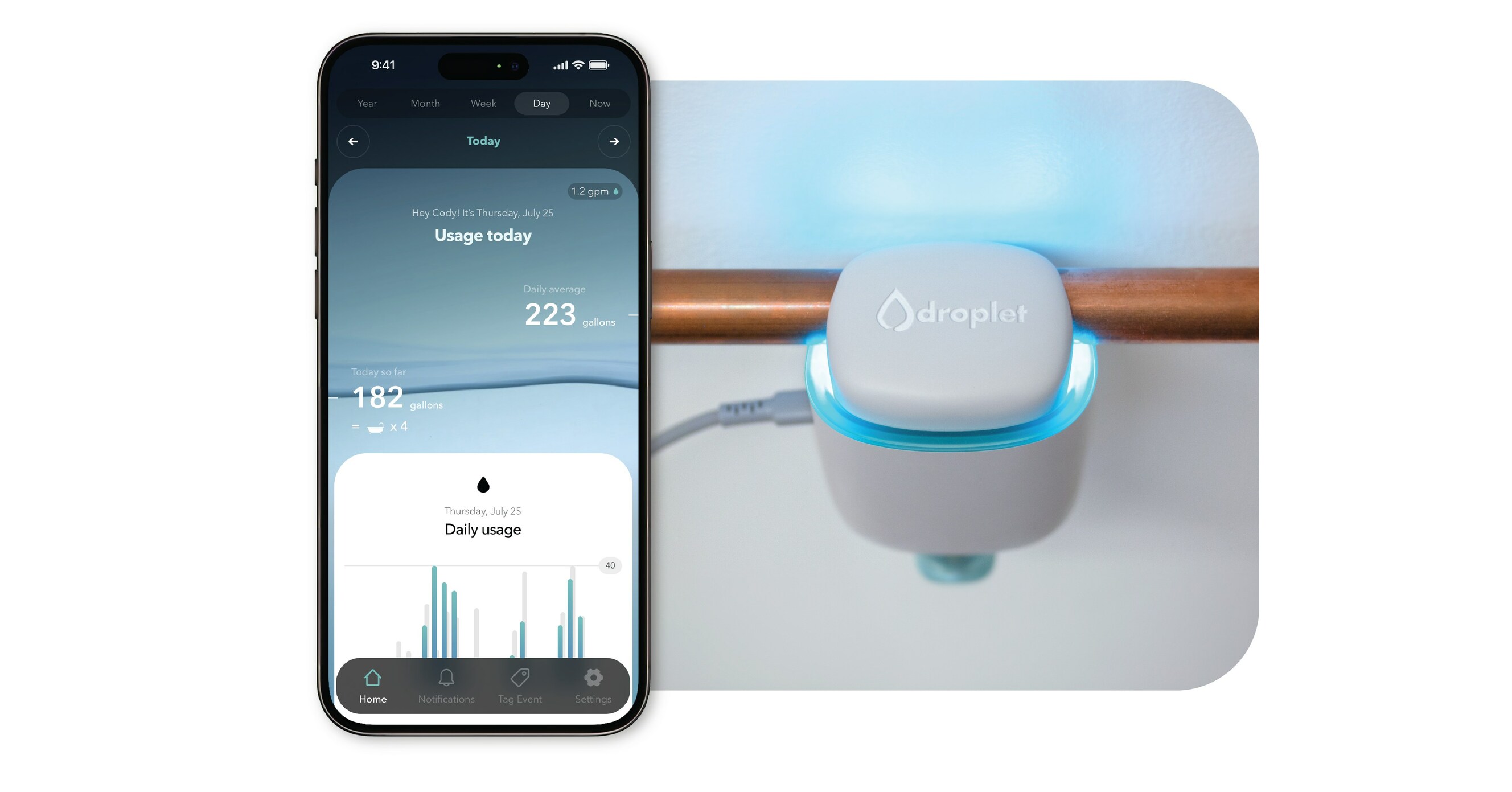We sat down with Christina to talk about her background and dive into her journey—one that began not with a vision of the current company, but rather with a small industrial design consultancy she started alongside her husband.
Background & Experience

Academic & Early Career
I’ve always been drawn to design, but my path to Industrial Design wasn’t straightforward. I attended a pre-college program for Architecture at the Pratt Institute while in high school, expecting it to be my future. Instead, I found myself more intrigued by what my suite mates were doing in Industrial Design. That curiosity led me to dive deep into research, work on my portfolio, and ultimately pursue a degree in Industrial Design at Pratt.
During my time at Pratt, I explored various aspects of design through internships. I worked in fabrication shops, crafted custom furniture, and even ventured into accessories design at Converse. That part-time role at Converse turned into a full-time position, which was a great start, but I soon found myself itching for something more.
I reached out to a former professor who had just started her design firm, initially asking her to review my portfolio. To my surprise, she was looking for industrial designers, and I landed the job! It was an incredible opportunity, and I was grateful to have it.
Tangent Design & Starting Makelab
As it happens, the itch returned, and I felt the need to strike out on my own. I began freelancing, taking on clients wherever I could find them. My then-boyfriend, now-husband Manny, and I decided to make it official and co-founded Tangent Design. We had the vision to build our own industrial design consultancy firm, and we were making it work for the first year. During that time, we needed a quick 3D printing solution—I had never used one in my life, and we didn’t own a 3D printer at the time! We found a local manufacturer, 3DUniPrint and they offered great service. We quickly became friends with the owners, another couple.
One year later, they told us they were moving to China with their kids and asked if we would take over their company, and we officially acquired the vendor a couple months later. At first, we saw 3D printing as the stable backbone in consistent revenue for our design firm, but when we tripled our business in the second year, we knew that we had to go all in at Makelab.
That was back in 2017—seven years ago now!
Makelab

Makelab is an additive manufacturing service, offering parts, prototypes, and production runs for a variety of industries, including robotics, medical, consumer packaged goods, hardware, and manufacturing. We’ve expanded to two locations—our main headquarters in Brooklyn, NY, and a second site in Soma, San Francisco. We serve clients worldwide, working with companies like Peloton, Estee Lauder, Aigen, Lixil, Full Circle Brands, and many more.
We also provide design engineering services, helping companies get their parts ready for printing when their internal teams are stretched thin. Our capabilities range from printing a single part to producing up to 10,000 units.
Unexpected Customer Outcomes
"3D printing might surprise you—yes, it can create reliable watertight seals!"
A great example of how our services add value is our work with Hydrific, a company that develops a smart home water usage sensor. One of their biggest challenges with their Droplet device was creating precise seals and gaskets for prototypes—components that needed to ensure water-tight integrity for field testing. Initially, the Hydrific team didn’t believe a 3D-printed material could meet their needs. They had tried various materials, but nothing seemed to work—everything was either too thick or simply not right for the job. Soft tooling was an option, but it was slow and expensive, which wasn’t ideal for their fast-paced development timeline.

After working with us, they used TEPU 30A (Soft Elastic), a material we offer that’s printed through vision control jetting. It’s a thin, flexible elastomer that can create precise, watertight seals. It allowed Hydrific to produce prototypes faster, cheaper, and with the watertight properties essential for field testing. While solving the immediate challenge, it also opened up new possibilities for future applications like flexible hinges and wearables.
Current Challenges
With a service-based model, you have to grow at the pace of your clients. It’s tempting to make big assumptions and invest heavily in things they might not actually need—mistakes we've seen competitors make time and again. The key lesson here is not to get ahead of yourself. We've learned to really listen to our clients to get it right the first time. That said, a constant challenge with our model is overcoming scaling roadblocks. Clients evolve, use cases evolve, and so do their demands. We’re constantly talking about process innovation and constantly making improvements. It’s important to put together a team that is flexible, agile, and willing to roll with the changes. It’s a part of what I love about this business. It really taps into our design thinking process that I grew to love while studying different types of design in school!
Life in a Day as a Founder
My focus shifts depending on what we're working on. Some months, I'm deep into process innovation, providing the support our team needs. Other times, I’m focused on marketing, building new revenue streams, or repositioning the business to align with our current operations, offerings, and clients.
Being a bootstrapped company, I split my time between supporting day-to-day operations and driving advancements and new strategies.
For example, we're currently developing our own software platform, which will give us more control and flexibility over our internal workflow. We're also preparing for our first trade show in September, where I’m heavily involved in the marketing efforts. There's a lot that needs my attention as we get ready for that event.
Q&A
Top Tech. Innovations You Admire
Is it too on-the-nose to say additive manufacturing? It's still a relatively new technology, but the pace of innovation has been incredible. It's given me the opportunity to build an entire company, and I could not be more grateful.
Favorite Interview Question
My favorite question to ask is, "How did you get to today?" I host a podcast called Talking Design and Engineering for the company, and I love it purely for the ability to hear people’s stories. I’ve always been fascinated by the stories behind how someone arrived where they are now-everyone has a story to tell, and I’m always eager to hear it.
If you're interested in learning more about Makelab, stay in touch with Christina on LinkedIn or their website.


